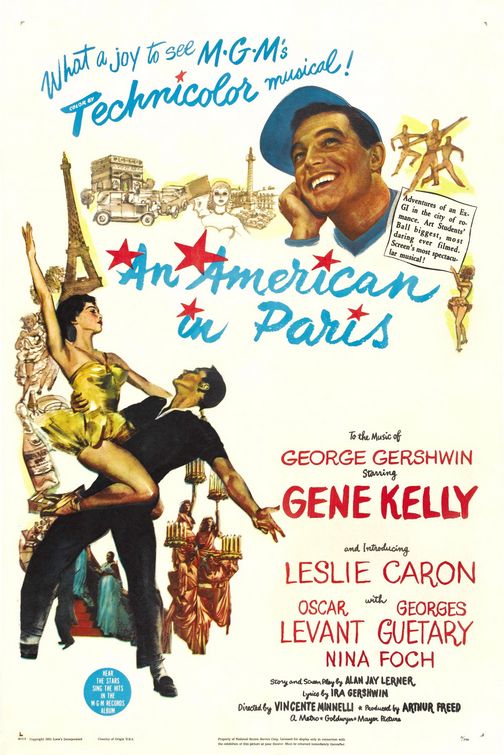THE QUEEN’S GAMBIT Earns Netflix’s Biggest Scripted Limited Series With 62M Views
By Movieguide® Staff
Netflix’s new seven-part series THE QUEEN’S GAMBIT took the streaming service by storm after 62 million households reportedly watched the drama revolving around the game of chess. According to Netflix, this number made the show the biggest scripted limited series to date, but is it worth the watch?
Beating the record is no small feat for the streaming giant. It is especially impressive when the subject matter seems directed at a limited audience.
The series, which stars Anya Taylor-Joy as the chess prodigy Beth Harmon, launched on Oct. 23 and is based on Walter Tevis’ novel.
Written by Scott Frank, THE QUEEN’S GAMBIT offers more than just chess for an invested viewer. The series chronicles the life of an orphan chess prodigy during the Cold War era. The series follows Harmon, as she improves her chess game, from the ages of 8 to 22. However, Harmon’s genius is not without its obstacles. Harmon struggles with alcohol and drug addiction and seeks her identity alongside her quest to become the greatest chess player worldwide.
Despite little to no marketing, the Netflix series soared.
Netflix noted that the seven-episode series ranked in its top 10 in 92 countries and No. 1 in 63 countries.
“It’s a true testament to Scott’s skill as a writer and filmmaker that he was able to bring the drama and detail of the many chess matches to life on camera,” Peter Friedlander, Netflix’s VP Original Series, said. “Scott also had tremendous help from the series’ talented crafts team. Costume designer Gabriele Binder’s exquisite use of checkerboard patterns in Beth’s wardrobe, composer Carlos Rafael Rivera’s suspenseful score, editor Michelle Tesoro’s gripping montages, production designer Uli Hanisch’s vibrant choices that pop off the screen in every scene, and cinematographer Steven Meizler, whose work transformed every match into heart-pounding drama.”
THE QUEEN’S GAMBIT is exceptionally well-done in regards to its acting, cinematography, and writing. The final episode of the series, “End Game,” contains a strong moral worldview that features the overcoming of past vices and failures, supportive friends, and mutual respect between competitors. Unfortunately, what leads up to a stellar end are episodes rife with immoral content that ultimately mar Scott’s expert vision—which manages to liven the otherwise complicated and niche game of chess to bring a compelling drama to a broader audience.
The story tackles subjects of addiction, mental illness, and suicide without filters. In addition, the show contains heavy foul language and some sexual content.
Despite the morally satisfying ending—that champions values Movieguide® promote—Movieguide® must advise extreme caution for older children due to the show’s excessive language, unnecessary sex, and candid depiction of addiction, all of which mar the redemptive qualities buried in the finale of the series.



 - Content:
- Content: 

